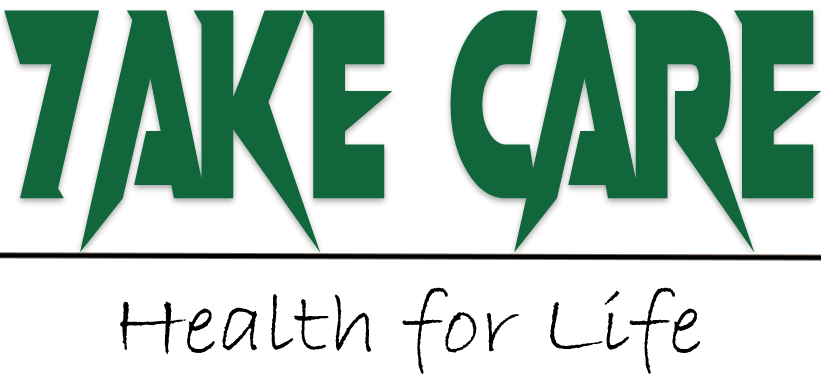Last updated on March 5th, 2024 at 06:54 pm
Pregnancy is a beautiful journey filled with excitement and anticipation, and proper nutrition plays a crucial role in ensuring a healthy and comfortable pregnancy for both the mother and the baby. As your body goes through various changes during each trimester, it’s essential to adapt your diet to meet the changing nutritional needs. In this blog post, we’ll provide you with a week-by-week pregnancy care diet plan, tailored to each trimester, to help you stay healthy and nourished throughout your pregnancy.
Week 1 to Week 4

During the first month of pregnancy, you may not yet be aware of your condition, but it’s essential to lay a strong nutritional foundation for your baby’s development:
- Folic Acid: Begin taking prenatal vitamins with folic acid as soon as you decide to start trying for a baby. This nutrient is crucial for preventing neural tube defects.
- Hydration: Stay well-hydrated with water, herbal teas, and fresh fruit juices.
Week 5 to Week 8
As your pregnancy progresses, focus on the following dietary guidelines:
- Protein: Lean sources of protein like poultry, fish, beans, and tofu should be a part of your daily meals.
- Whole Grains: Incorporate whole grains like whole wheat bread, brown rice, and oats into your diet. They provide essential fiber and energy.
Week 9 to Week 12
In the first trimester, your baby’s organs are rapidly developing. Support this growth with a balanced diet:
- Fruits and Vegetables: Aim for a colorful variety of fruits and vegetables to get a range of vitamins and minerals. Leafy greens, citrus fruits, and berries are excellent choices.
- Calcium: Ensure you’re getting enough calcium for your baby’s bone development. Include dairy products, fortified plant-based milk, and leafy greens.
Week 13 to Week 16
Entering the second trimester, your baby’s growth accelerates. Your diet should reflect this by providing more calories and nutrients:
- Iron: Incorporate iron-rich foods like lean red meat, beans, and fortified cereals. Iron is crucial for preventing anemia.
- Omega-3 Fatty Acids: Support your baby’s brain and eye development with fatty fish like salmon and chia seeds.
Week 17 to Week 20
During this period, your baby is growing steadily, and you should maintain a balanced diet:
- Probiotics: Maintain a healthy gut with probiotic-rich yogurt or kefir to aid digestion and boost immunity.
- Fiber: Combat constipation, a common pregnancy woe, with high-fiber foods like bran cereal, whole-grain pasta, and fruits.
Also Read:
-> Pregnancy Care Week by Week
Week 21 to Week 24
As your pregnancy progresses, focus on the following dietary guidelines:
- Protein: Ensure a consistent intake of protein for your baby’s muscle development. Consider lean meats, beans, and nuts.
- Calcium and Vitamin D: Keep your bones strong and support your baby’s bone development with dairy products, fortified plant-based milk, and moderate sun exposure for vitamin D.
Week 25 to Week 28
In the final weeks of your pregnancy, your nutritional needs continue to evolve:
- Hydration: Stay well-hydrated to support your body’s increased blood volume and maintain amniotic fluid levels.
- Omega-3 Fatty Acids: Continue to include sources like walnuts, flaxseeds, and fish to support your baby’s brain development.
Week 29 to Week 32
- Protein: Continue to prioritize lean protein sources such as chicken, turkey, beans, and legumes. Protein is crucial for your baby’s growth and your body’s repair.
- Calcium: Maintain a steady intake of calcium-rich foods like yogurt, cheese, and fortified plant-based milk to support both your and your baby’s bone health.
Week 33 to Week 36
As you approach the final weeks of pregnancy, consider the following dietary recommendations:
- Fiber: Continue to include fiber-rich foods like whole grains, fruits, and vegetables in your diet to prevent constipation and promote healthy digestion.
- Hydration: Ensure you’re drinking plenty of water to stay well-hydrated and support amniotic fluid levels.
Week 37 to Week 40 and Beyond
- Hydration: Staying well-hydrated remains crucial during the final weeks of pregnancy. Drink water, herbal teas, and natural fruit juices.
- Omega-3 Fatty Acids: Maintain a diet rich in omega-3 fatty acids to support your baby’s ongoing brain development. Incorporate sources like flaxseeds, walnuts, and fatty fish.
- Calcium and Vitamin D: Continue to prioritize calcium and vitamin D sources for strong bones, teeth, and overall health. Consider supplements if needed, but consult your healthcare provider first.
- Protein: Keep up your protein intake to ensure your baby’s muscles and tissues develop properly.
It’s important to remember that individual dietary needs can vary during pregnancy, and it’s always advisable to consult with your healthcare provider or a registered dietitian for personalized guidance. Additionally, listen to your body’s cues, eat small, frequent meals, and make any necessary adjustments as you progress through your pregnancy journey.
References:
American College of Obstetricians and Gynecologists. Nutrition During Pregnancy.
https://www.acog.org/womens-health/faqs/nutrition-during-pregnancy
Centers for Disease Control and Prevention. Folic Acid.
https://www.cdc.gov/ncbddd/folicacid/index.html
National Institutes of Health. Omega-3 Fatty Acids.
https://ods.od.nih.gov/factsheets/Omega3FattyAcids-Consumer/
U.S. Department of Agriculture. Dietary Guidelines for Americans.
https://www.dietaryguidelines.gov/
U.S. National Library of Medicine. Iron in diet.
https://medlineplus.gov/ency/article/002422.htm





